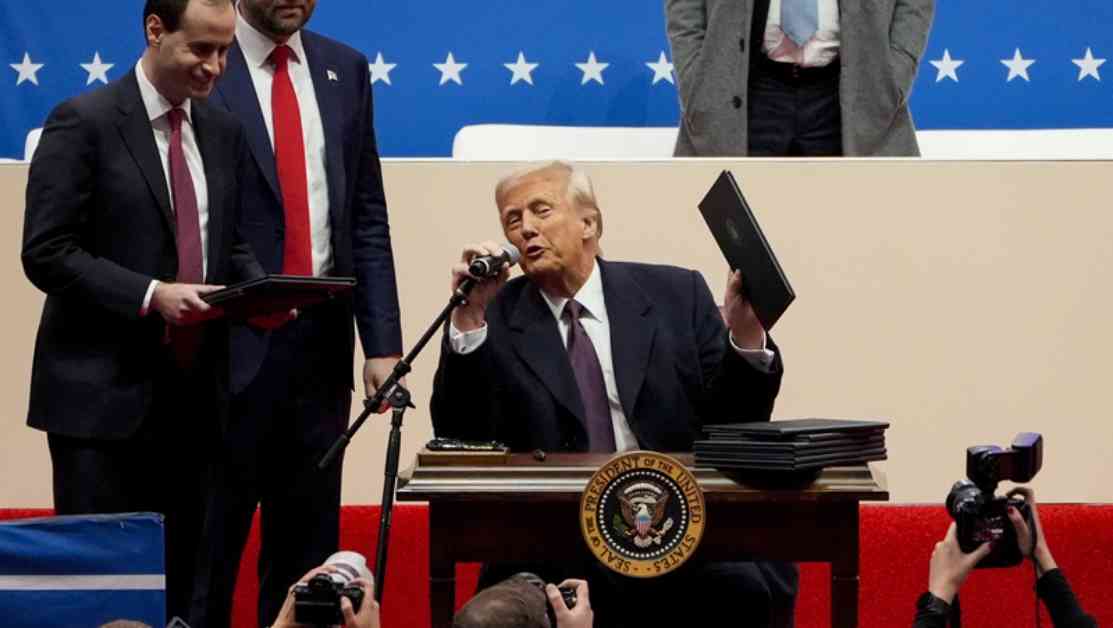Trump’s Withdrawal from Paris Agreement: Impact on Global Climate Finance
US President Donald Trump’s decision to withdraw from the 2015 Paris climate agreement has far-reaching implications for foreign climate finance, particularly affecting developing countries. The move, announced on the first day of his presidency, has put $11 billion a year of funding for climate projects in jeopardy, raising concerns among aid recipients and environmental organizations.
Aid Programs at Risk
The US had been a significant contributor, providing approximately $11 billion in 2024 to assist developing nations in reducing emissions and adapting to climate change. However, Trump’s executive orders have placed all current and future projects under review, threatening the continuity of vital climate initiatives worldwide. Mattias Söderberg, global climate lead at DanChurchAid, expressed disappointment at the decision, emphasizing the tangible impact aid cuts would have on vulnerable communities in developing countries.
Call for Collaborative Action
Tjada D’Oyen McKenna, CEO of Mercy Corps, urged governments, civil society, and the private sector to fill the void left by the US withdrawal and accelerate efforts to combat climate change. McKenna highlighted the importance of collective action in scaling up climate finance and building a resilient future for all people, emphasizing the need for leadership in the face of growing environmental challenges.
Implications for International Agreements
While Trump’s move signals a departure from the Paris Agreement, the US’s continued participation in the UN Framework Convention on Climate Change (UNFCCC) allows it to maintain influence in global climate discussions. Legal experts are divided on the president’s authority to unilaterally exit the UNFCCC without Senate approval, raising questions about the US’s future role in international climate efforts.
As the US shifts its focus towards domestic energy production, the global community must adapt to a changing landscape of climate governance and foreign aid priorities. The repercussions of Trump’s decision on climate finance underscore the need for sustained collaboration and innovation in addressing the urgent challenges of climate change on a global scale.














